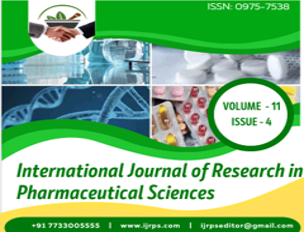Abstract
Cognitive function refers to the ability of humans to function normally which includes physical as well as mental interpretation like ability to focus, concentrate, learn, plan, determine, execute, manipulate and problem solving. Etiologic of cognitive dysfunction includes AD, depression, anxiety and vascular dementia, hippocampal sclerosis etc., Diabetes associated with cognitive decline are related to short fall of learning and memory. Cognitive impairment/dysfunction in diabetic patients has been divided into three stages, stage one, stage two and stage three. Stage one, occur in all groups of different ages and it is characterized by mild and subtle changes in cognition. Deficit in short-term memory and working memory leads to major problems like Alzheimer disease and dementia. The pathophysiology of cognitive decline associated involves microvascular injury, hyperglycaemia, insulin resistance and oxidative stress. Diabetes associated with comorbidities condition leads to decrease in short-term memory and working memory. From this review we observed short term memory retains small amount of data in cognizance which are readily available state for short period of time whereas working memory manipulates the information through visual and auditory storage and it is important in understanding and improving the memory. Conclusion of this review is that, there is a decrease in short-term memory and working memory in type 2 diabetes patient condition. But there is no evidence of which type comorbidity condition affects more in short-term memory and working memory. So, further research study to be carried out.
Full text article
Authors

This work is licensed under a Creative Commons Attribution-NonCommercial-NoDerivatives 4.0 International License.

